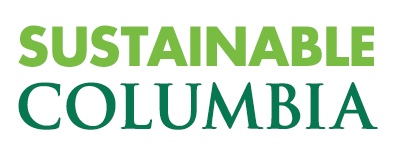Living Net Zero Initiative Launches with Aim at Scope 3 Greenhouse Gas Emissions
Representatives from Columbia’s schools and departments across all campuses join collaborative initiative
Columbia’s office of Sustainability introduced an important new initiative critical to meeting Columbia’s net zero greenhouse gas emissions reduction commitment: Living Net Zero. This work directly targets Scope 3 emissions and will identify actions for Columbia’s schools and departments to reduce environmental impact in key operational areas.
The initiative brings together members of Columbia’s schools and administrative departments, across all campuses. Jessica Prata (AVP, Sustainability) began the session by orienting participants to the University’s sustainability goals. Implementation of Plan 2030 takes two pathways: Building Net Zero (built environment) and Living Net Zero (individual impact).
Image Carousel with 4 slides
A carousel is a rotating set of images. Use the previous and next buttons to change the displayed slide
-
Slide 1: The Living Net Zero launch meeting on February 28, 2024
-
Slide 2: Jessica Prata provides an overview of GHG emissions
-
Slide 3: "I'm excited to engage with so many colleagues and look forward to the challenging and creative discussions we'll have to push this work forward, " shared Dan Allalemdjian, pictured here with LNZ participants.
-
Slide 4: Attendees begin initial discussions
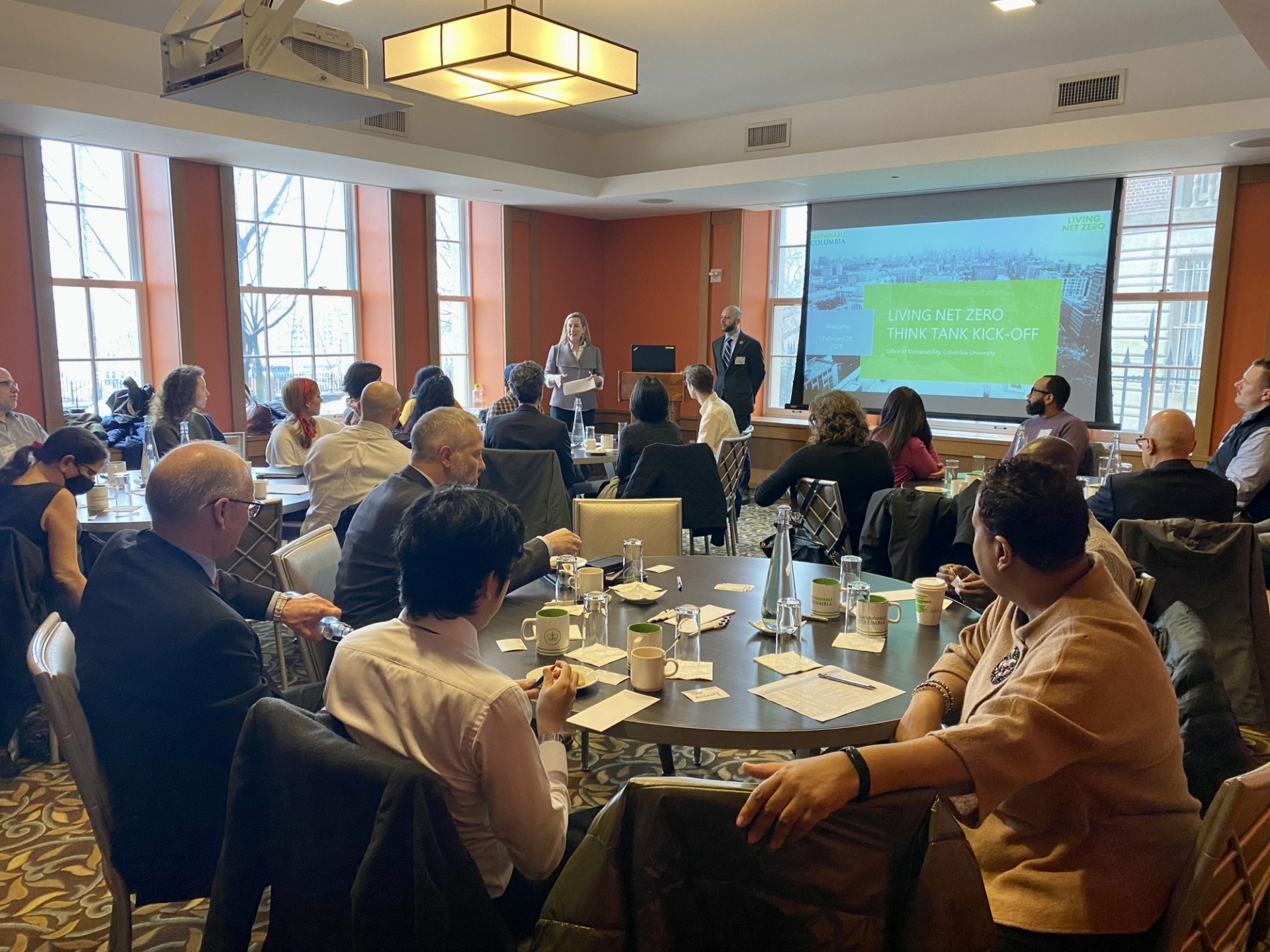
The Living Net Zero launch meeting on February 28, 2024
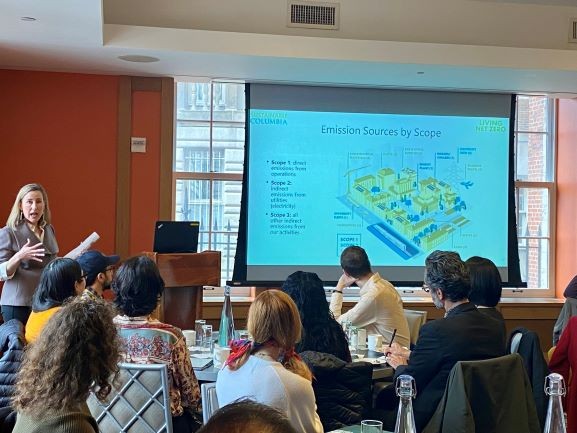
Jessica Prata provides an overview of GHG emissions
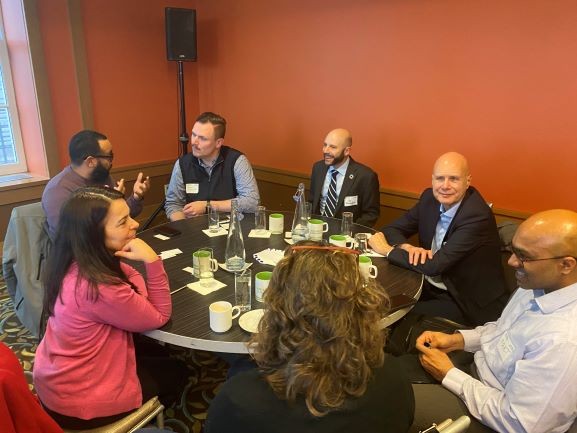
"I'm excited to engage with so many colleagues and look forward to the challenging and creative discussions we'll have to push this work forward, " shared Dan Allalemdjian, pictured here with LNZ participants.
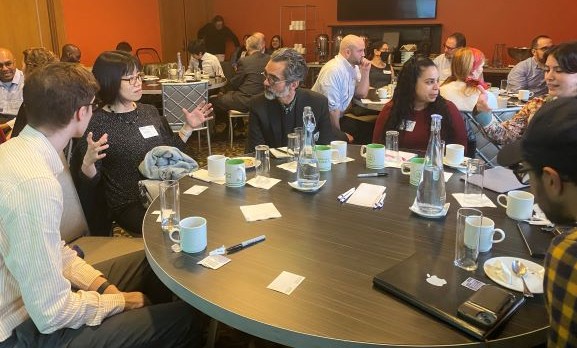
Attendees begin initial discussions
This individual impact comes in the form of reducing Scope 3 emissions, which Prata defined for the group. After an analysis conducted, three key reduction areas were identified: purchasing, waste, and business travel.
Daniel Allalemdjian (Director, Sustainability and Transportation) introduced the model for how the group will work together and the importance of it being a collaborative and creative approach. Through a series of three “Think Tank” sessions, the cross-functional groups will dive into data, look for opportunities, and brainstorm tactics.
“This approach will allow participants to socialize ideas, gain local buy-in, and evaluate effect – so that long-term we can build strong, University-wide operational plans.”
The output will be a drafted Sustainability Action Plan for each participating school and department, that include their individual strategies, and implementation steps, paired with metrics to measure success. While plans for each school and department may vary depending on the organization, the goal is to road test what works and what doesn’t in order to share best practices across the University. Ultimately these plans will be presented to University leadership in the fall. The close of the meeting was a call to action for the group:
“This is under our control. Let’s identify the changes we need to make and get started right away.”
The Think Tanks will work over a series of meetings in March and April of the Spring 2024. Learn more about Living Net Zero.
